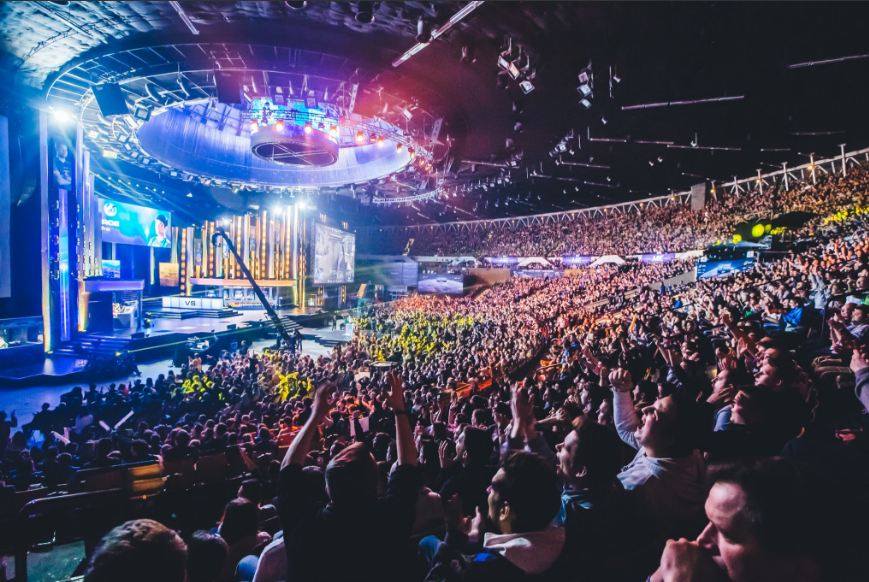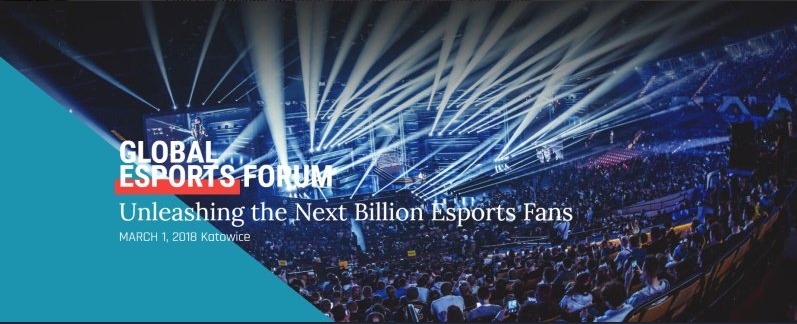L’industrie de l’esport est essentiellement masculine. Le nombre de femmes travaillant dans le domaine de l’esport ou participant à des compétitions est estimé à 5%, soit 1 femme sur 20 personnes. Women in Games France et les autres associations européennes promouvant la mixité dans le jeu vidéo ont puisé dans leurs expériences pour proposer des recommandations afin de développer la mixité dans l’esport.
Women in Games France, association visant à promouvoir la mixité dans l’industrie du jeu vidéo, est heureuse de publier une synthèse et des recommandations pour adresser la sous-représentation des femmes dans l’esport. Cette synthèse a fait l’objet d’un travail concerté entre différentes associations européennes en faveur de la mixité dans le jeu vidéo réunies à l’occasion du Global Esport Forum d’Intel et d’ESL à Katowice, le 1er mars 2018.
David Smith, fondateur de Women in Games WIGJ au Royaume-Uni et auteur de la synthèse, précise : « De nombreux professionnels de l’esport comprennent qu’encourager la présence des femmes dans cette industrie, que ce soit sur la scène ou dans les coulisses, est déterminant pour le succès commercial, ainsi que pour la promotion d’un secteur socialement responsable. Ce document expose des recommandations pour Intel, ESL et toute autre personne intéressée ».
Women in Esports Katowice Workshop Recommendations for Intel/ESL and all interested parties – Executive Summary
1. Women’s esports needs to be seen as a “product” in its own right and not a by-product or add-on, or proving ground for the existing male dominated industry which has grown up with the majority of attention paid to the men’s game. This is not a segregation of men’s and women’s esports, as girls at school being directed by teachers and those women who want and choose to compete with men, should be encouraged to continue to play in an open environment. A distinct women’s esports product is a short term expedient to grow significantly the esports global audience.
2. Intel/ ESL and other market leaders are encouraged to make board level appointments in North America, Europe and Asia Pacific to take responsibility for developing the women’s esports product. “Product Directors”
3. Product Directors responsible for the women’s esports product should be set and agree targets to decrease the “gender awareness gap” and the “gender turn-off” gap on a country by country basis and given sufficient resources to achieve the targets.
4. Data and analytics needs to be defined and built in to tournament software to capture and track gender statistics objectively over time and measure progress in all areas like sign ups and tournament results.
5. Women’s esports Product Directors should be asked to work closely with organisations like Anykey but crucially will be able to take part in and intervene in daily management actions in Intel/ ESL and other market leaders to bring more focus to the needs of their Product.
6. Anykey is a well-respected, advisory Centre of Excellence and its budget should be protected.
7. A significant investment in marketing to reach the non-core audience is needed to promote the spectacle and successes of the small numbers of women in esports and demonstrate that esports is for women as well as men.
8. Linked to the need for promotional opportunities, there is a need to increase significantly the number of women only tournaments and leagues which will grow both the audience and player base and give more opportunities to develop women staff in areas like desk host, analyst, shoutcasters and off stage roles.
9. Sponsorship targeting the female esports demographic is untapped. Product Directors should be asked to lead the search for incremental non endemic and endemic sponsors keen to reach the untapped marketing budgets.
10. Additional tournaments, sponsorship and prize money and direct discussions with existing orgs will encourage existing orgs to add and nurture women’s teams to their roster. It will also indirectly inspire and promote the birth of new women’s teams.
11. Direct and co-investment should be considered in schools, universities and esports academies to promote the birth of new women’s teams.
12. Intel/ ESL and other market leaders are encouraged to work with existing women’s groups and national grass roots organisations to build networks and communities fit for a grass roots esports demographic and to provide information and resource for parents, young women and allies to foster the growth of women’s esports.

En plus de cette synthèse, un document plus complet est également disponible ICI

